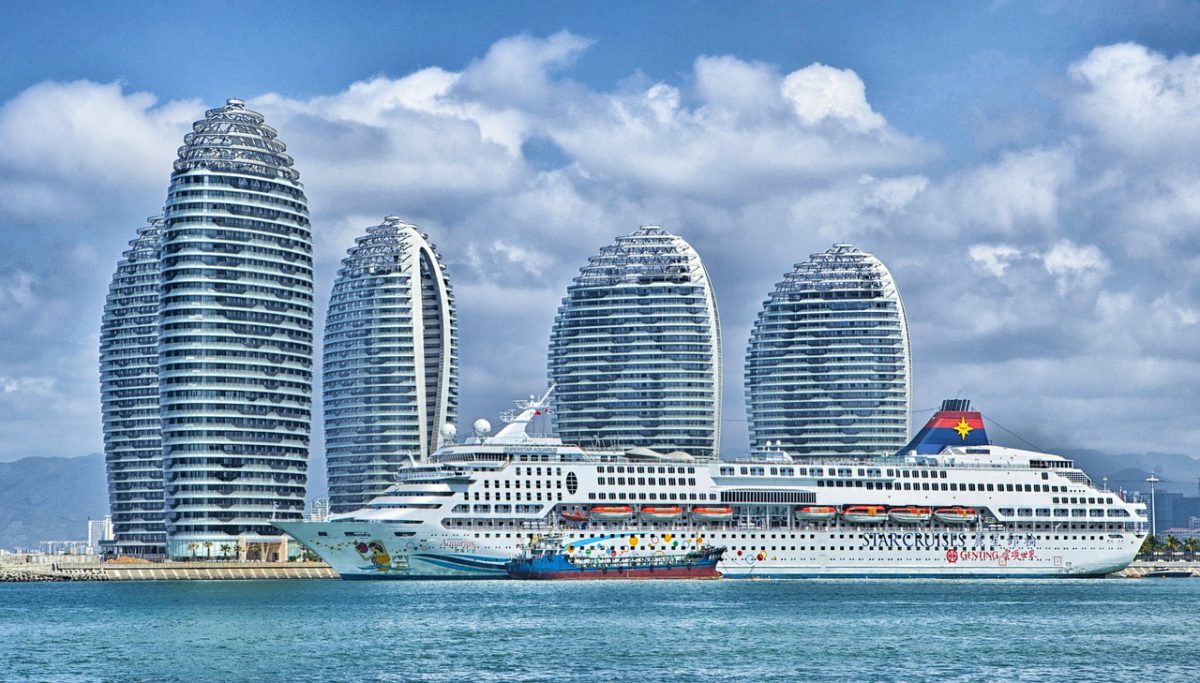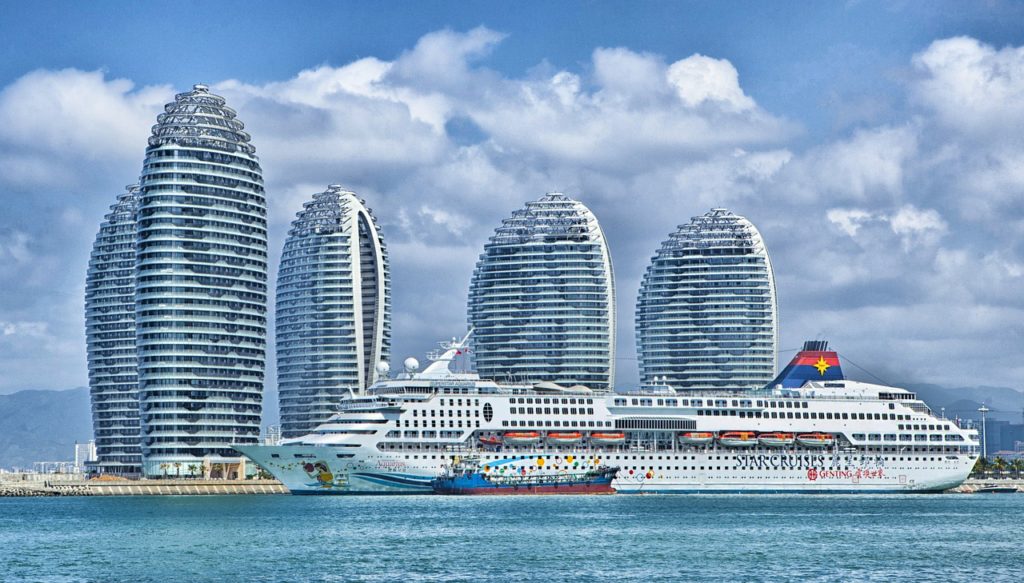
Shenzhen and Guangzhou have jumped up the global ranking of the most expensive locations for assignees to work, coming in at 55th and 56th respectively. Research carried out by ECA International has shown that the cost of living in these cities has risen steeply in the past year for expatriate workers. Beijing and Shanghai have also shown great living cost increases, leaping from 48th and 49th place to 20th and 26th place, respectively. Shopping baskets in the mainland China locations now cost more than in central London, ranked 62nd.
No.3 in Asia
Hong Kong was found to be greater China's third most expensive city, sitting in 36th place globally—also significantly ahead of central London. Within Asia, Hong Kong is now the 9th most expensive location for international assignees, behind Beijing at number 5 and Shanghai at number 6. Tokyo remains the most expensive location; both in Asia and the world, and Japanese cities occupy the top four places in Asia.
Asian currencies going from strength to strength
Lee Quane, Regional Director, Asia for ECA International explained, "The prices of goods and services commonly purchased by assignees in China has gone up sharply in the past year. In addition, the Renminbi has strengthened against major currencies. Together, these two factors have contributed to pushing up the cost of living in Chinese cities for international assignees significantly.” Companies are finding that the cost of sending their employees to China has increased significantly even when compared to its regional neighbours, including Hong Kong. A year ago the cost of purchasing goods and services in ECA's cost of living basket was almost 10% more expensive in central London than when purchasing the same items in Guangzhou, and 15% more than in Shenzhen. Now the cost of living in these cities for international assignees is approximately 1.5% and 2% more, respectively, than in London where—unlike China—prices have increased at a much slower rate than the year before and sterling has depreciated against many major currencies."
While Hong Kong has remained in 9th position in the Asia rankings, the city has climbed back up the global ranking following last year's fall. Globally, Hong Kong's position at 36 represents a jump of 11 places from last year's 47th position, perhaps explained by the continued strength of the Hong Kong dollar against the increasing unstable Euro.
Living costs for assignees are affected by inflation, availability of goods and exchange rates, all of which can have a significant impact on assignee remuneration packages. To help multinational companies calculate assignment salaries, ECA carries out two Cost of Living Surveys per year, comparing a basket of consumer goods and services commonly purchased by assignees in 400 locations worldwide. Certain living costs such as accommodation, utilities, car purchase and school fees are not included in the survey—such items can make a significant difference to expenses but are usually compensated for separately in expatriate packages.
Regional overview
In Asia as a whole, the price of goods and services commonly purchased by expatriates has risen by more than 6% on average—slightly higher than the average increases of 4% witnessed a year ago. While Japan has seen the smallest price increases in the region, a strong yen has kept Tokyo in first place as the most expensive location in Asia—and the world—for international assignees.
Locations across mainland China have climbed up the ranking. Shenzhen and Guangzhou now sit just behind Hong Kong at 10th and 11th place respectively in the Asian rankings. Globally, the rapid rise of Beijing and Shanghai has seen both cities overtake a number of locations in Australia, Brazil, Europe and the United States, including Rio de Janeiro (31st), Paris (34th) and Manhattan (40th). Singapore has also continued its rise up the global ranking. The city is in 32nd position, up from last year's 38th and the previous year's 69th place. However, it has also been overtaken by Beijing and Shanghai, causing it to fall from 6th to 8th place in the Asia ranking, just above Hong Kong.





